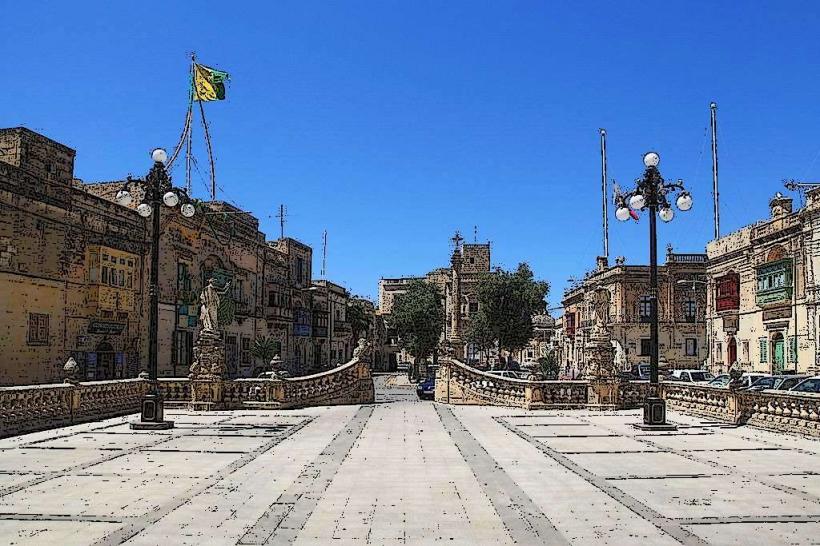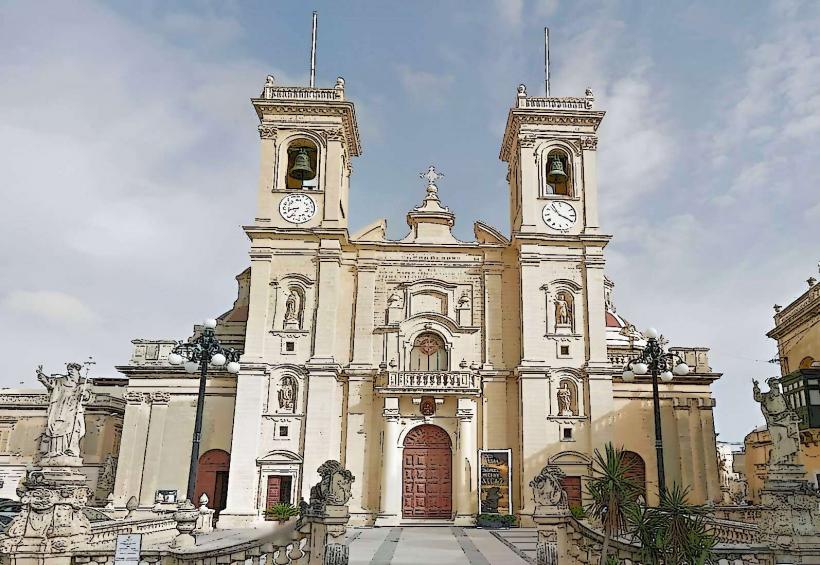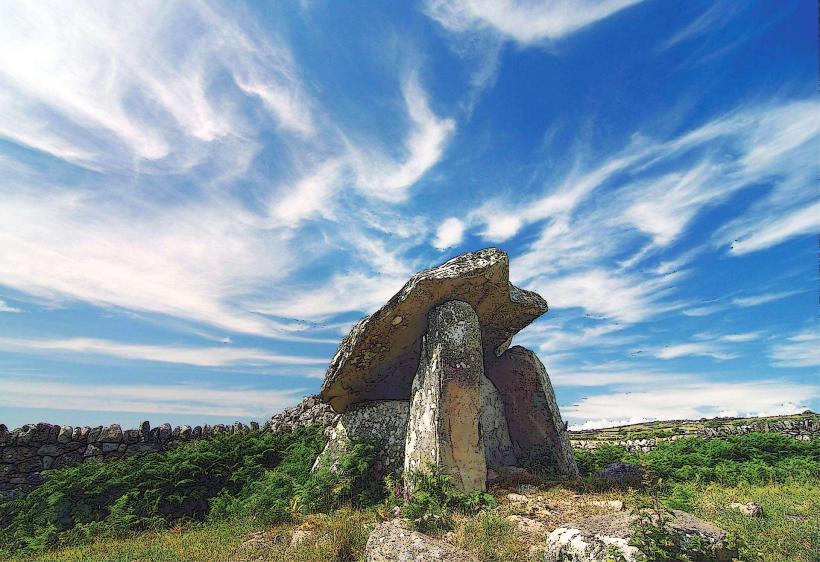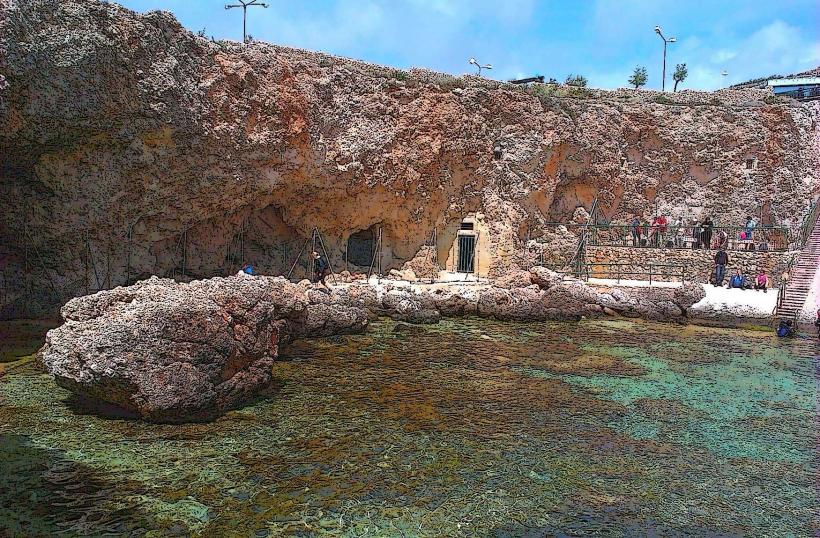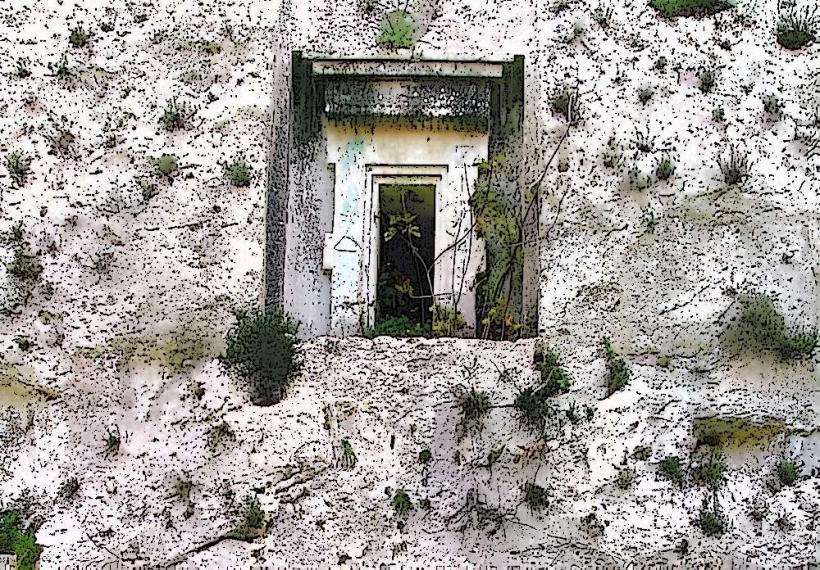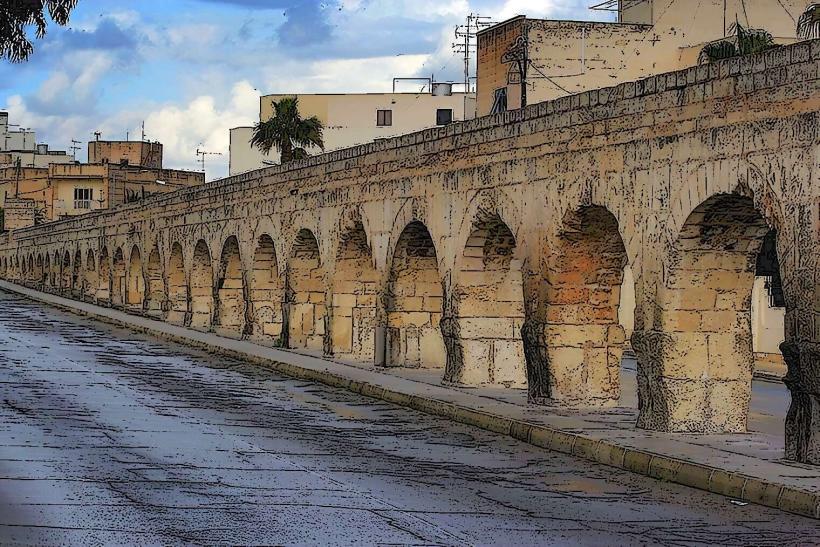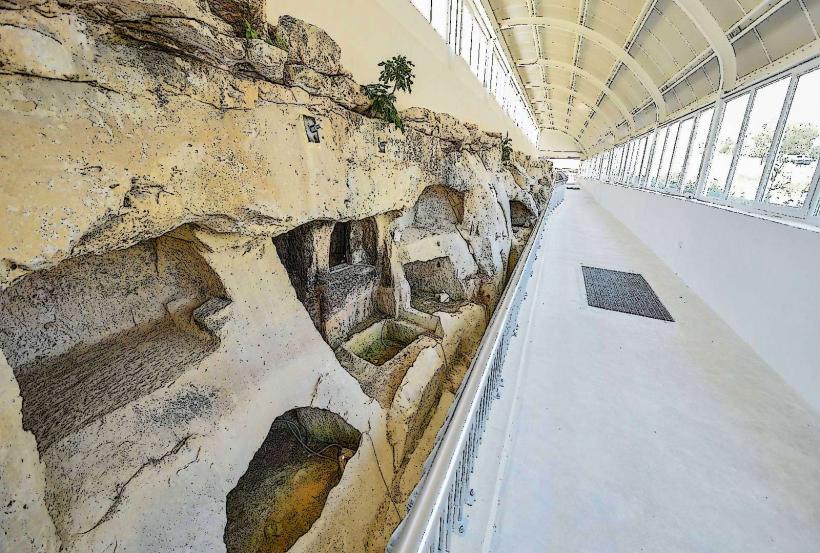Information
City: ZebbugCountry: Malta
Continent: Europe
Żebbuġ is a town located in the central-western region of Malta. It is one of the oldest and most traditional towns on the island, with a rich history that dates back to ancient times. The town is well-known for its historical sites, religious traditions, and close-knit community. Despite being relatively small compared to some of the larger towns on the island, Żebbuġ plays a significant role in Malta's cultural and religious landscape.
Historical Overview
- Ancient Origins: The name Żebbuġ is derived from the Maltese word for "olives" (żebbuġ), reflecting the town’s historical association with olive farming, which was a key part of the local economy. The town is believed to have been inhabited since ancient times, and there is evidence of settlements dating back to the Roman period. Over the centuries, it has remained a rural town, with agriculture being its primary focus.
- Medieval and Post-Medieval History: During the medieval period, Żebbuġ was part of the wider Maltese settlement pattern that developed under Arab rule, and later under the Normans and the Knights of St. John. It was one of the many towns that grew in importance during the time of the Knights. In the early modern period, the town was a part of the extensive agricultural landscape of Malta, where olive cultivation remained a major economic activity.
- Knights and British Period: Like many other Maltese towns, Żebbuġ grew during the time of the Knights of St. John, who contributed to the island’s infrastructure and religious developments. The British period saw increased urbanization in Malta, but Żebbuġ largely retained its agricultural character until the 20th century.
Geographical Features
- Location: Żebbuġ is situated approximately 7 kilometers from Valletta, the capital of Malta. The town is bordered by other significant towns such as Mosta, Qormi, and Ħamrun. Its central location on the island provides easy access to both coastal and inland areas.
- Topography: The terrain around Żebbuġ is mostly flat, with some rolling hills on its outskirts. The town itself is characterized by a mixture of residential areas, agricultural land, and open spaces. The surrounding area still retains some of its rural charm, with olive groves, fields, and farmhouses scattered across the landscape.
Key Attractions and Landmarks
- The Church of St. Philip: The Church of St. Philip is the main religious and architectural landmark in Żebbuġ. Built in the early 18th century, this church is a fine example of Baroque architecture, with an ornate façade and a beautifully decorated interior. The church is dedicated to St. Philip the Apostle, and it is the focal point for the town's religious celebrations and feasts.
- The Żebbuġ Parish Centre: The parish center is another important institution in the town, and it often hosts community events, religious gatherings, and cultural activities. The center has a strong connection to the town's religious traditions and its active involvement in Maltese community life.
- Olive Groves and Agricultural Heritage: The name Żebbuġ means "olives," and the town has a longstanding connection to olive farming. Visitors interested in Malta's agricultural history can explore the olive groves in the area and learn about traditional olive oil production. Some local farms still produce high-quality olive oil, which is sold in the town and across the island.
- The Natural Surroundings: The town is close to areas of natural beauty, such as the Mellieha and Il-Barrani valleys. These locations offer pleasant hiking routes with scenic views of the countryside, making Żebbuġ a peaceful place to explore on foot.
Cultural Life
- Feasts and Festivals: The main religious festival in Żebbuġ is the Feast of St. Philip, celebrated in May. This event is a lively affair, with processions, fireworks, music, and other traditional Maltese celebrations. The feast attracts both locals and visitors, who gather to participate in the celebrations. The church is adorned with colorful decorations, and the streets are filled with the sounds of the band playing traditional Maltese tunes.
- Band Clubs and Music: The town has a strong musical tradition, with local band clubs playing an integral role in its cultural life. The St. Philip Band Club is central to the town’s music scene, contributing to the town's religious and national celebrations. Band clubs like these are popular in many Maltese towns, as they provide entertainment and foster a sense of community.
- Cultural Events and Activities: The town hosts various events throughout the year, including local arts and crafts fairs, religious events, and other community-based activities. Local artisans can often be found selling traditional Maltese crafts, and the community is known for its warm and welcoming atmosphere.
Economic Activities
- Agriculture: Żebbuġ's history is deeply tied to agriculture, particularly olive farming. The surrounding area remains largely rural, with olive groves, vineyards, and fields of vegetables still present. While the town has urbanized over the years, agriculture remains a key part of Żebbuġ’s identity, and visitors can see the remnants of the town’s farming past in its local food products.
- Olive Oil Production: The tradition of olive oil production in Żebbuġ is still alive today. Local farms produce high-quality olive oil, some of which is sold in the town's markets. These small-scale producers continue to uphold traditional methods of production, attracting both locals and tourists who are interested in learning about Malta's agricultural heritage.
- Residential Development: Over the past few decades, Żebbuġ has expanded significantly in terms of residential development, with new housing estates and apartment complexes catering to Malta’s growing population. While the town retains its rural charm, it has also adapted to modern demands, with a mix of traditional homes and contemporary buildings.
Public Amenities and Services
- Public Transport: Żebbuġ is well-served by Malta’s bus system, with several bus routes connecting the town to Valletta and other major towns like Mosta, Qormi, and Sliema. The central location of the town makes it a convenient base for visitors exploring the island.
- Healthcare: Residents of Żebbuġ have access to healthcare services at the local health center, which provides general medical care. For more specialized treatment, the town is located within a short drive of Mater Dei Hospital, Malta's main public hospital.
- Schools: The town is home to both public and private schools, offering primary and secondary education to the children of Żebbuġ and surrounding areas. The schools are well-integrated into Malta’s education system, offering a broad range of academic subjects and extracurricular activities.
Visitor Tips
- Best Time to Visit: The best time to visit Żebbuġ is during the Feast of St. Philip in May, when the town comes alive with celebrations, processions, and fireworks. However, Żebbuġ is a pleasant place to visit year-round, particularly for those interested in Malta’s agricultural heritage and traditional Maltese culture.
- What to See: The Church of St. Philip, the olive groves, and the natural surroundings are the main attractions in Żebbuġ. The town’s small size makes it easy to explore on foot, and its quiet streets and traditional Maltese houses provide a charming and authentic atmosphere.
- Getting Around: While the town itself is walkable, visitors who want to explore the surrounding countryside or neighboring towns should consider using public transport or renting a car.
Żebbuġ offers a quieter, more traditional side of Malta. With its deep roots in agriculture, religious traditions, and community-centered life, it is an excellent destination for visitors interested in experiencing the island’s authentic culture. Whether attending the religious feast of St. Philip or simply enjoying the rural beauty of the olive groves, Żebbuġ offers a peaceful respite from Malta’s more tourist-heavy areas.

